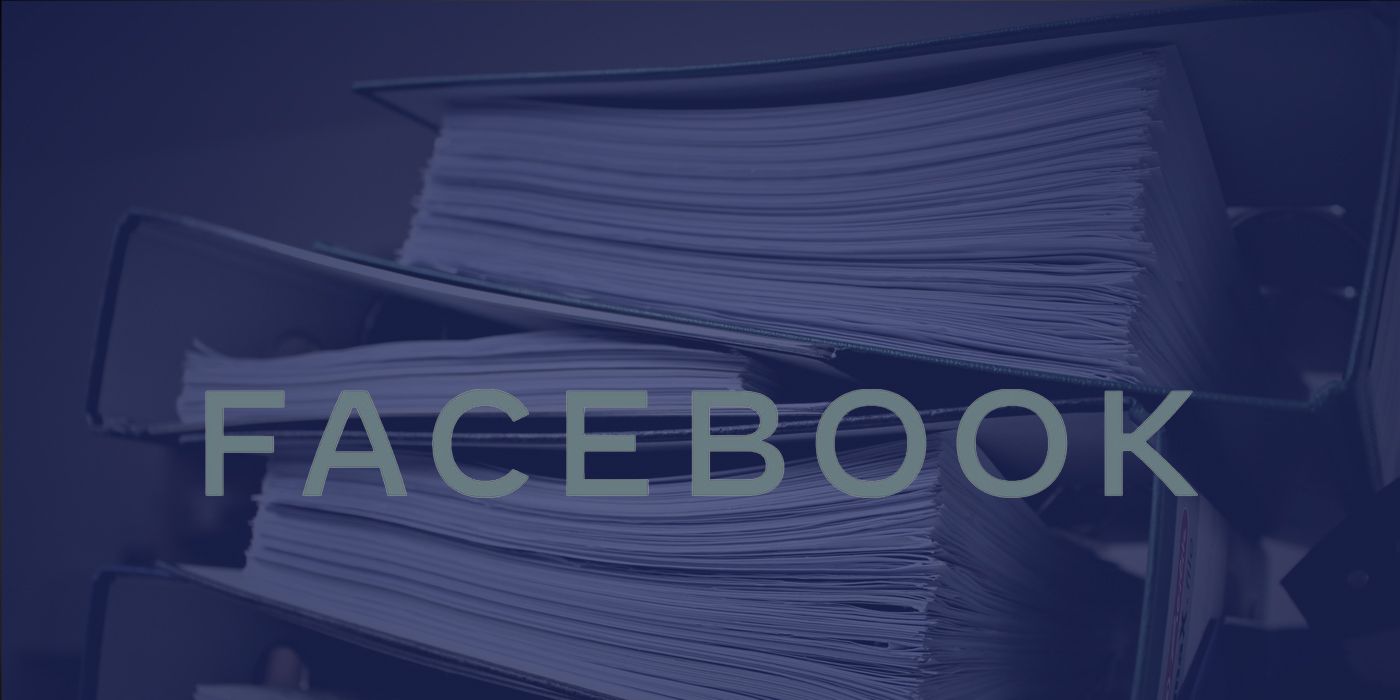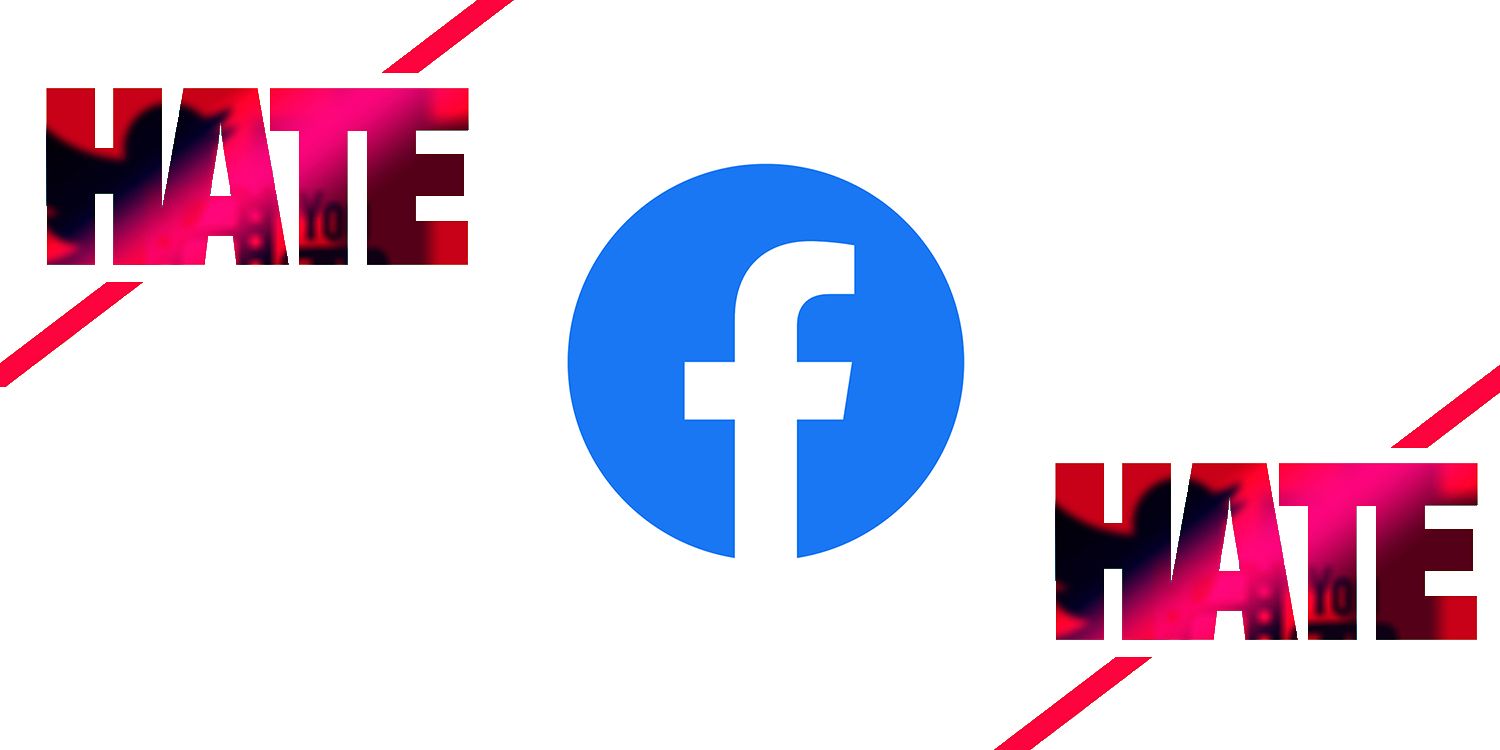Facebook has confirmed it will change its rules regarding labeling and banning content that potentially spreads false information related to voting and hate speech. It announced sweeping changes that thread the needle between free speech and responsible moderation.
This is a major change for Facebook and an about-face for its CEO, Mark Zuckerberg. The platform has faced enormous criticism for its years-long stance of not moderating political ads. In various settings across multiple years, Zuckerberg has expressed that Facebook doesn't have a responsibility to slow the spread of misinformation. That stance has infuriated people who believe that, by accepting ad revenue from political ads that willingly mislead Facebook users, the platform is essentially profiting from lies. Even when confronted with a chance to take action just weeks ago, following the example set by Twitter and its handling of a dishonest tweet from Donald Trump intended to suppress votes, Zuckerberg stated that social platforms shouldn't be "arbiters of truth".
All of this makes a post from Facebook's CEO today a major moment for social media. As the largest and perhaps most divisive social platform, Facebook's handling of misinformation can have the largest impact. The post explains that, in the interests of giving people a reliable source for information on voting options and stemming hate speech, the platform will begin moderating political ads. The change comes after major pressure from users, civil rights organizations (some of which, Zuckerberg states the company has worked with directly to inform these changes), and Facebook's own employees.
How Facebook's Policies Are Changing
It's extremely clear Facebook has thoroughly considered these adjustments. The announcement is meticulously nuanced, to the point that it's almost hard to even interpret. Ultimately, it appears Facebook's goal is to make a few very specific distinctions: some content is hateful and needs to be blocked, and some content is problematic but needs to be discussed or corrected. Facebook is absolutely about to arbitrate some truth.
A key focus of Mark Zuckerberg's post is on voting. In accordance with these changes, Facebook will now feature a "Voting Information Center" containing what it calls authoritative information about voting opportunities and rights. Links to this site will exist at the top of both Facebook and Instagram over the coming months, and certain posts that spread misinformation about voting or threaten people's ability to vote will be labeled with links to the information center as well. The company will also work with state electoral bodies to remove any posts intended to discourage voters, specifically giving examples such as posts claiming ICE agents will check voters' immigration status at polling locations.
The other focus of Facebook's new policy concerns hateful or threatening speech through political ads. The company is more lenient with what it will allow normal users to post than what it will allow from public figures, and now it plans to widen that gap. Per Zuckerberg's post, Facebook is expanding what it considers to be prohibited speech for political ads to include "claims that people from a specific race, ethnicity, national origin, religious affiliation, caste, sexual orientation, gender identity or immigration status are a threat to the physical safety, health or survival of others." Additionally, ads encouraging people to speak negatively about immigrants or asylum seekers will also be prohibited.
In what will surely be a balancing act that requires careful consideration, Facebook also outlined a plan to intentionally allow some posts from politicians that do violate these new policies. The concept is that if a politician says something both hateful and newsworthy (i.e.: something that news outlets would report on) Facebook wants people to be able to see such posts for themselves. The company will label "some" content subject to these exemptions as such, and also prompt anyone who shares it with a statement that the content is in violation of its policies. According to Zuckerberg, allowing people to see these posts as they were written gives them the opportunity to condemn them, which is "an important part of how we discuss what's acceptable in our society".
Source: Mark Zuckerberg


